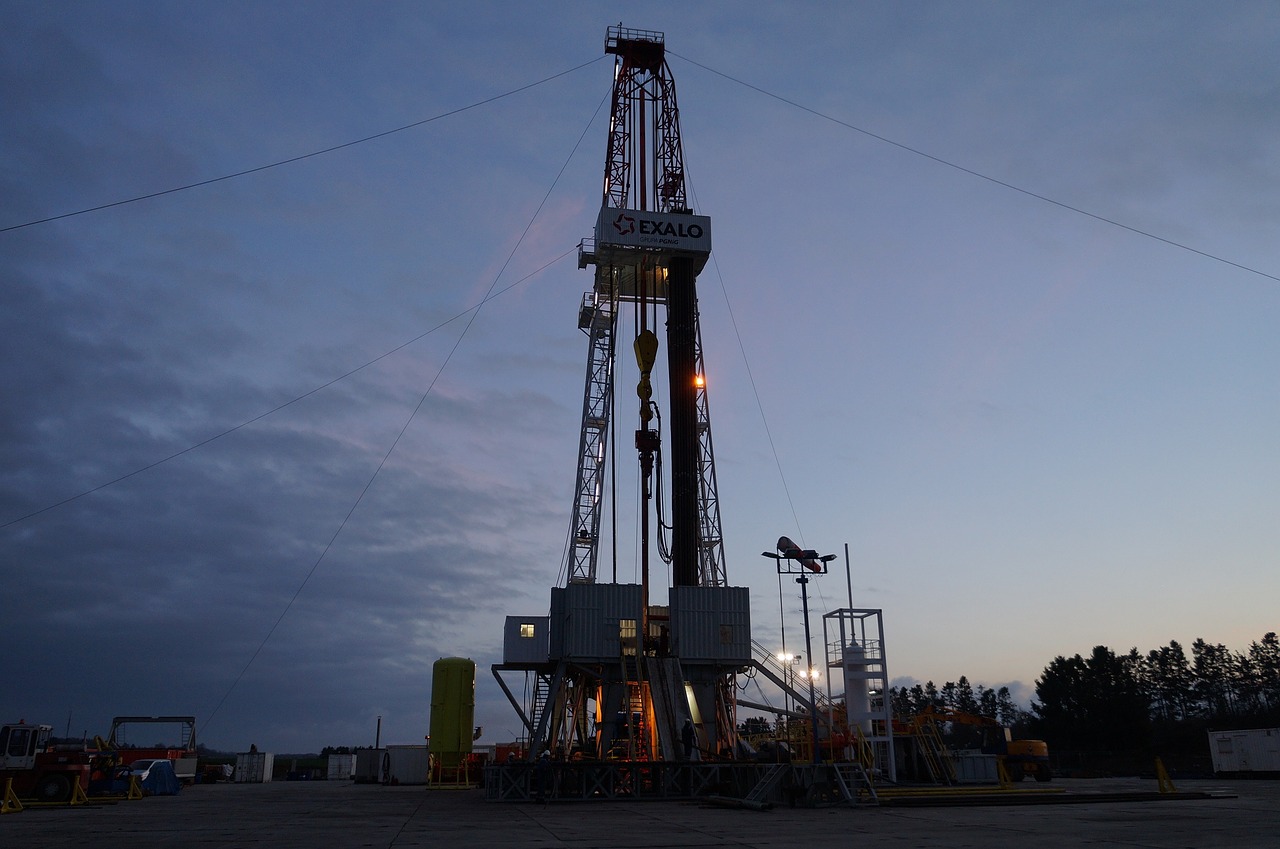What is the Pugh Clause in an Oil and Gas Lease?
If you are a landowner, you tend to prefer to maximize the profitability of your property. One of the ways you can do this is by leasing out parts of that property to people to build on. If there are natural resources under the land, you can lease some of it to a physical energy production company to extract that resource. However, you must be careful to include what is called a Pugh Clause in the lease agreement or else you may have ruined any chances of making any more money with that property.

How did Pugh Clauses come about?
The Pugh Clause is named after an attorney in Crowley, Louisiana named Lawrence Pugh. He developed it after the case of Hunter v. Shell Oil Co., 1947 in which Shell Oil claimed all the land included in a lease around the portion they had leased to drill for oil as theirs to conduct business upon.
How do Pugh Clauses work?
The Pugh Clause works like this: a landowner with a large property leases a portion of it to an oil production company to collect oil under the property. The Pugh Clause prevents the oil company from being able to drill on any part of that property except what was leased to them. Without a Pugh Clause, the oil company can claim the entire property as theirs for resource collection. This prevents the owner from leasing out any more of the land to anyone else.
Pugh Clauses can also be applied horizontally, vertically, or both. Vertical Pugh Clauses prevent companies from drilling past a certain depth. Horizontal clauses restrict how far out across the surface of the land the company can operate.
What to watch out for
One of the issues with Pugh Clauses is that there is no industry standard. Each clause is similar but can vary based on verbiage. It is imperative that you include some version of the clause in any lease contracts with natural resource production companies. Be very succinct with the phrasing of the clause, or you may be handing over rights that you did not mean to. It is best to find a generic Pugh Clause and include it. If you have questions, ask a professional to review the clause to make sure it holds up.

As a landowner, you have the right to use the land as you see fit within the law. Signing a lease with oil and gas production companies is a very special case that requires extra attention. Including a Pugh Clause will help you retain those rights and limit the amount of land the production company can use for their operation. If you have any reservations about how secure your lease agreement is, contact an oil & gas legal professional and have them go over your contract and review your Pugh Clause for accuracy and effectiveness.